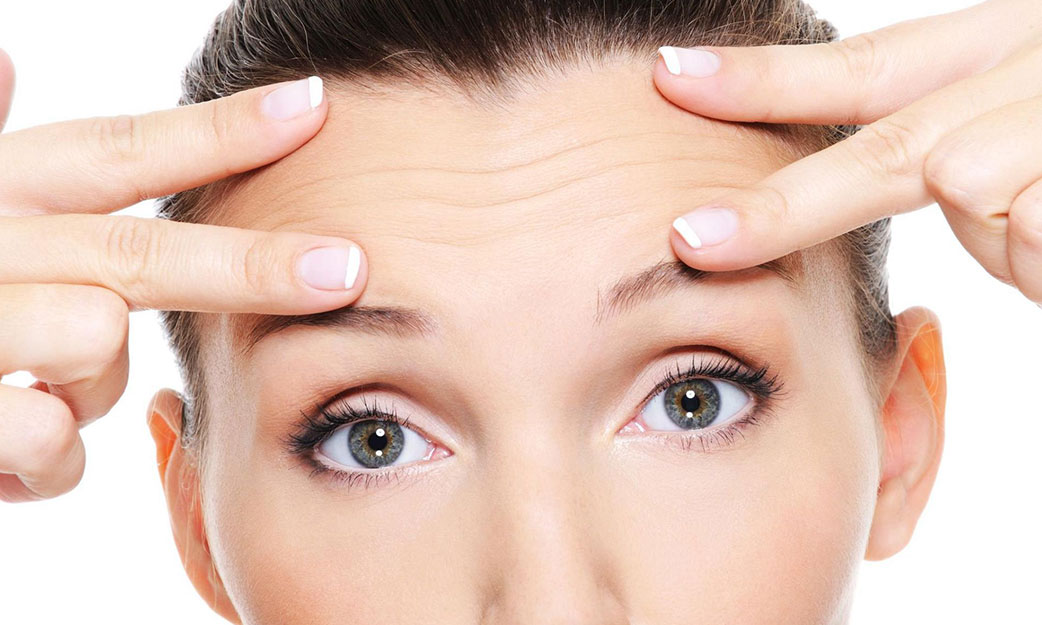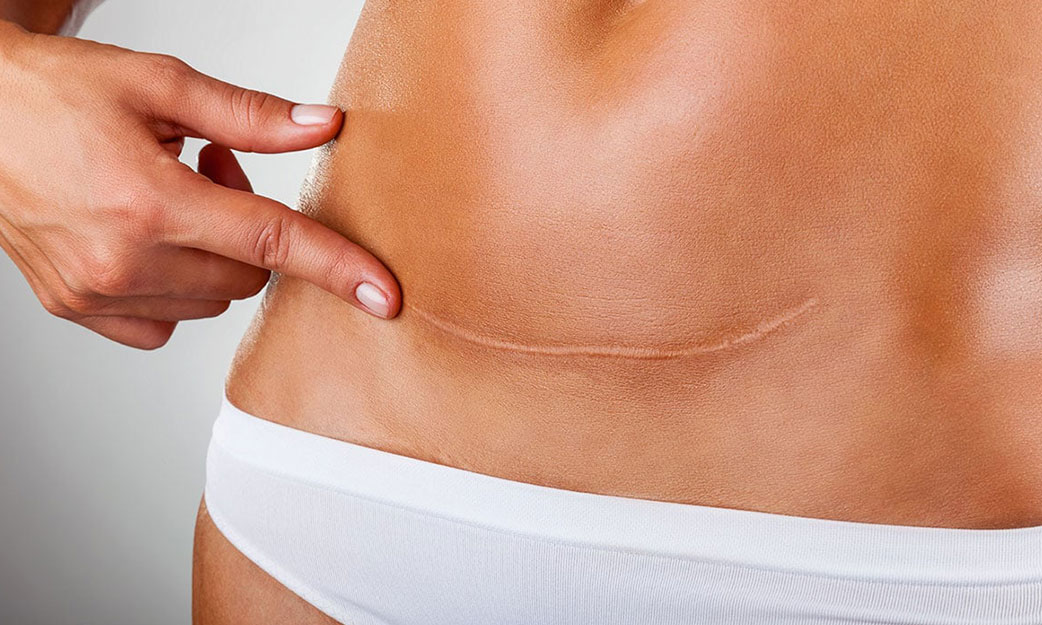Could the Secret to a Better Plastic Surgery Recovery Be Beauty Sleep?

We all know that sleep is crucial for overall health and well-being. A restless night often shows in our appearance, especially with those dreaded under-eye bags.
Lack of sleep doesn’t just affect how you look; it can also harm your physical and mental health. This is why quality sleep is a key factor in recovering from plastic surgery. However, achieving restful sleep post-surgery can be a challenge.
How Surgery Can Contribute to Insomnia
Post-surgery, it’s common to experience insomnia. The effects of anesthesia, pain or discomfort, and disruptions to your routine can all interfere with sleep. Understanding these challenges and following your surgeon’s advice can help you get the rest you need.
The Role of Sleep in Recovery
Any surgery puts stress on your body, which needs time to heal. Quality sleep supports this process in several ways:
- Pain Reduction: During sleep, your body releases endorphins that help alleviate pain and promote healing. Conversely, lack of sleep can heighten pain sensitivity.
- Immune System Boost: Good sleep strengthens your immune system, helping to combat inflammation, stress, and infection, all of which are crucial for healing.
- Inflammation Reduction: Inflammation is a natural part of the healing process but also causes swelling and discomfort. Quality sleep helps reduce inflammation.
- Mood Improvement: Recovery can be stressful, with mood swings and disruptions to your routine. Sleep helps stabilize your mood and mental health, making recovery easier.
- Collagen Production: Collagen is essential for healthy skin and healing. Your body produces more collagen during sleep.
The Importance of Sleep Position
How you sleep after surgery is just as important as getting enough sleep. Most procedures require you to sleep in a specific position for optimal recovery. For instance, after facial surgeries, you might need to sleep on your back with your head elevated.
If you’re used to sleeping on your side, this change can be challenging but is necessary for the best results.
Tips for Quality Sleep During Recovery
If you’re finding it hard to sleep well after surgery, these tips can help:
- Practice Your Sleep Position: Adjust to the recommended sleep position before your surgery. This way, it won’t be a new challenge during your recovery.
- Take Pain Medication as Directed: Managing pain is crucial for quality sleep. Follow your surgeon’s advice on pain medication.
- Sleep Alone to Avoid Disruption: Sleeping solo can prevent disruptions from a partner, children, or pets, reducing the risk of injury and sleep disturbances.
- Change Your Sleeping Location: If you need to sleep with your head elevated, a recliner might be more comfortable than a bed. If you stay in bed, use extra pillows to maintain the correct position.
- Create a Comfortable Environment: Ensure your recovery room is comfortable. For instance, a room that’s too hot can disrupt sleep. Adjust your environment to suit your comfort needs.
Following these tips can help ensure you get the quality sleep necessary for healing and recovery. This will help you get back to your routine and enjoy the benefits of your new look.
Our Stories, Tips & Latest News
Before and After Images, Photo Gallery, Treatment Videos, News, and Events

Could the Secret to a Better Plastic Surgery Recovery Be Beauty Sleep?
August 6, 2024Could the secret to a better plastic surgery recovery be beauty sleep? Learn how rest can enhance healing and results.

A Plastic Surgeon’s Guide to Brow Lift Recovery
August 6, 2024A Plastic Surgeon’s Guide to Brow Lift Recovery” offers essential tips for a smooth, effective healing process post-brow lift surgery.

Understanding the Different Types of Tummy Tucks
August 6, 2024Explore the various types of tummy tucks to achieve a firmer, flatter midsection tailored to individual needs and goals.
